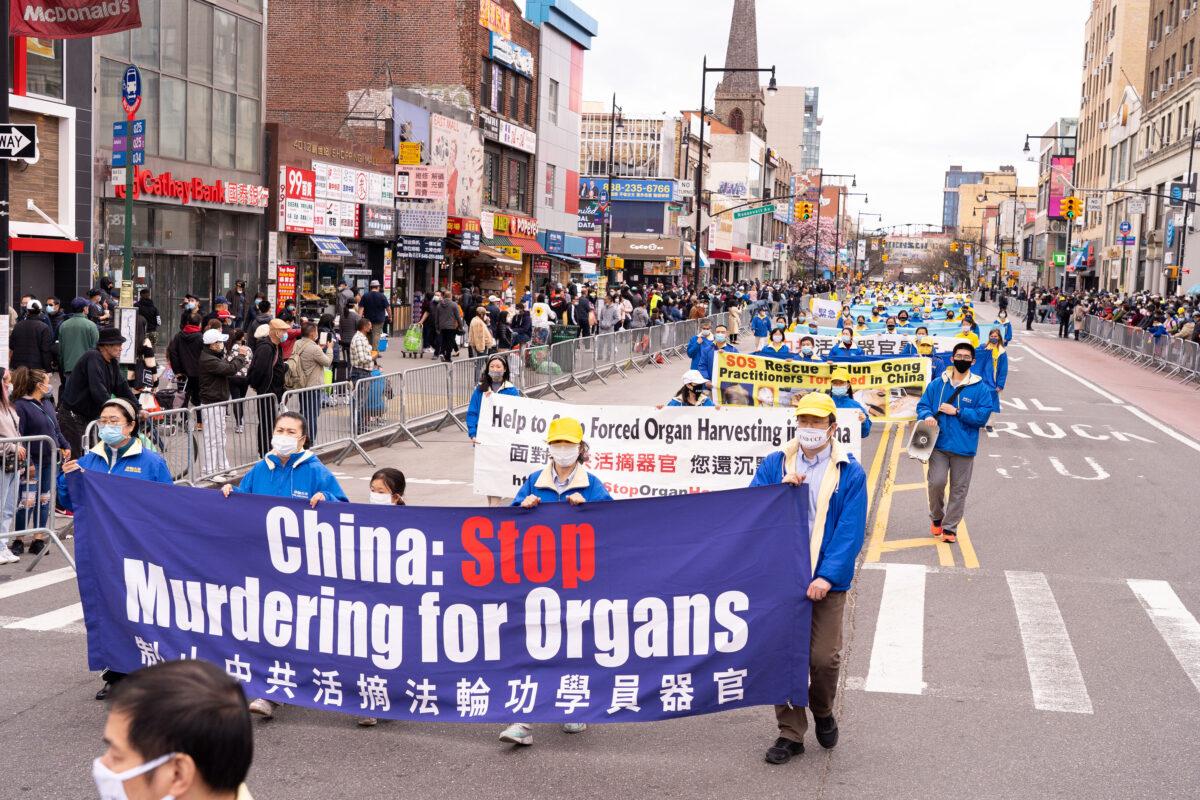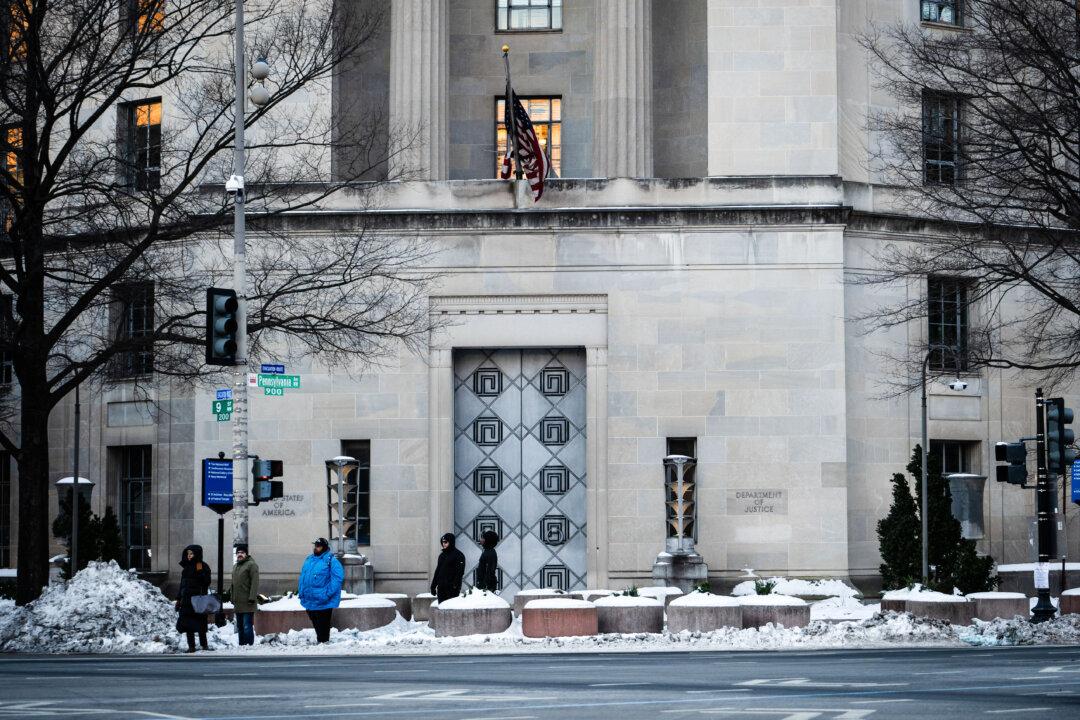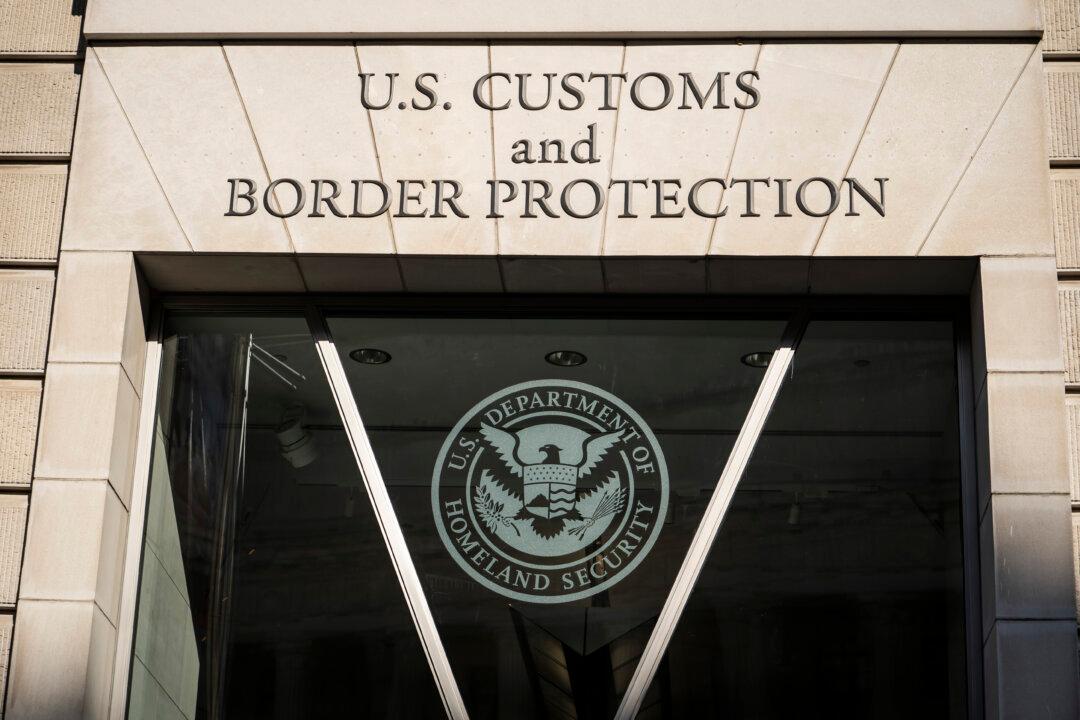Several politicians from around the world on Sept. 19 took turns at a summit condemning the CCP’s (Chinese Communist Party) continued practice of killing prisoners of conscience to supply organs for its lucrative transplant market.
“Organ donation is a precious act of saving a life, but forced organ harvesting is commercialized murder and without doubt, among the worst of crimes,” said Lord Philip Hunt, a member of the UK Parliament and a former British health minister.
“I hope this event inspires many around the world to take positive action against this crime,” Hunt said.
China has been one of the favored destinations for people in need of organ transplants, due to the speed at which Chinese hospitals can find a matching organ—sometimes in only days or weeks. Beijing’s explanation for its seemingly ample supply of organs has been that it has a voluntary organ donation system with many registered organ donors in China.
What’s more, the tribunal stated it was “certain” that organs were sourced from imprisoned Falun Gong adherents and that they were “probably the principal source.”

He said the bill would also “protect UK citizens from complicity in forced organ harvesting.”
“My hope that it [the bill] acts as a precedent for further action, both in this country [the UK] and around the world,” Hunt said.
If approved, it would authorize the U.S. government to deny or revoke the passports of people who engage in the illegal purchase of organs. It would also prohibit the U.S. export of organ transplant surgery devices to foreign entities associated with the crime.
“I call on the EU and the U.S. and all other representatives and communities in the free world to stand up for human rights in China, and stop the illegal, inhuman trade of human organs from prisoners of conscience in China,” Swedish lawmaker Ann-Sofie Alm said at the webinar on Sept. 19.
André Gattolin, vice chairman of France’s Senate Committee on Foreign Affairs, Defense, and the Armed Forces, said during the webinar that some politicians have chosen to be silent because of the CCP’s threats.
“To question the forced removal of organs in China is obviously to expose oneself to scathing and outraged denials and sometimes even to threats of commercial or political retaliation from Beijing,” Gattolin said.
“Hence the appalling ‘diplomacy of silence,’ which is far from being confined to France.”
U.S. Rep. Steve Chabot (R-Ohio) called the CCP’s forced organ harvesting “one of the most barbaric practices in human history” and warned the webinar’s audience of a dark future if the CCP were able to export its views on human rights to the rest of the world.
“A world that conforms to the values of the CCP is one in which those who don’t toe the party line can be put in a concentration camp or have their organs harvested,” he said.





